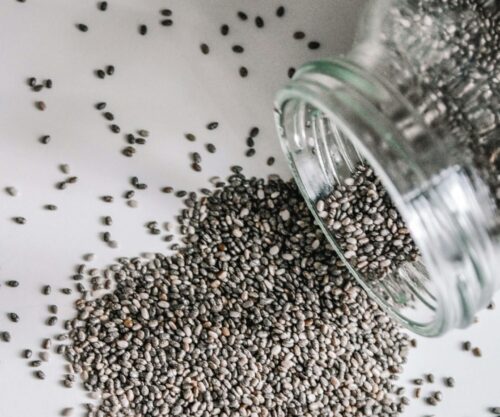
For a parent, the idea of a child going for surgery is terrifying, you wish you could trade places with them so that they don’t experience any kind of pain and that they may recover quickly.
When it comes to pain, that is where anaesthesia comes in, it is there to eliminate pain during the procedure.
There are a few things that parents need to be aware of before their children are given anaesthesia, these are actually things that doctors would communicate before the process, but coming to the doctors with a bit of knowledge is even better.
The National Institute of General Medical Sciences defines anaesthesia as a medical treatment that puts patients to sleep to keep them from experiencing pain during procedures such as dental treatments, skin biopsies, some screening and diagnostic tests, and surgery.
What happens during anaesthesia?
How this process goes as explained by the Kids Health publication is that a child may first be sedated to calm them down before the anaesthesia is given and then, “Depending on the anaesthesia type, it may be given through a mask, breathing tube, or IV.”
What you should know beforehand
There are a couple of things that the doctor will need to know from the parent before the child is given anaesthesia. These include, as suggested by the Healthy Children Organisation;
- Allergies
- Every medication your child is consuming.
- Breathing issues, such as wheezing, croup, or asthma.
- Snoring or apnea
- Recent illnesses particularly severe fevers or colds.
Among many other things, the above conditions may lead to the anaesthesia process being delayed because if a child is found with any of them, there are high risk of them not waking up from the anaesthesia.
How safe is it?
Pediatric anesthesiologist, Lauren Licina shared with the Cleveland Clinic that a great deal of study has been conducted in the last eight years to examine the long-term consequences of anaesthesia in young children.
She states that the good news is that these studies did not find any behavioural or cognitive abnormalities in children who had only a small amount of anaesthesia. “There has also been increased focus on training specialists to provide anaesthesia to the youngest of patients.”
What are the risks?
Lauren further states that although the risks of general anaesthesia for children are minimal, they can nonetheless exist, especially if the treatment is performed on them repeatedly while they are still young. When it comes to children under three years old, the U.S. Food and Drug Administration (FDA) warns that “repeated or lengthy use” of general anaesthetics or sedatives may harm their brain development.
Dr Licina explains that the cautionary statement should be understood to be based on nonhuman investigations. “Many factors contribute to brain development, making it challenging to isolate any potential effects of general anaesthesia. Ongoing research continues to look for potential connections between child brain development and exposure to anaesthesia medications.”
Also see: Getting to understand children with autism better




